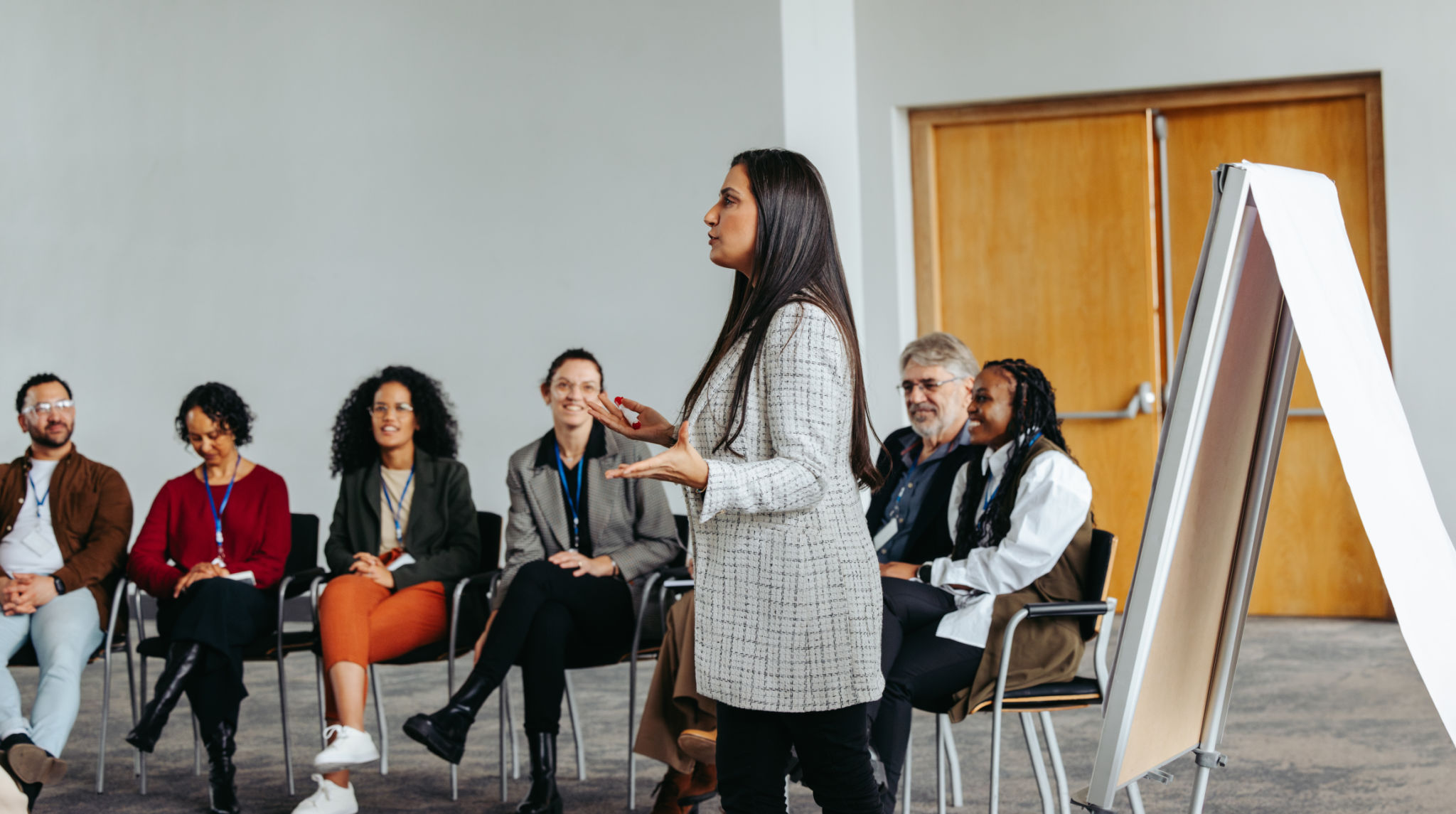How to Prepare for Your First Mediation Session
Understanding Mediation
Mediation is an effective way to resolve disputes by involving a neutral third party to facilitate communication between conflicting parties. It’s a collaborative process aimed at reaching a mutually agreeable solution. If you're preparing for your first mediation session, understanding the process and knowing what to expect can make a significant difference.
The mediator’s role is not to impose decisions but to help both parties find common ground. This process can be particularly beneficial as it encourages open communication and often leads to more satisfying outcomes than litigation.

Gather Necessary Information
Before your mediation session, it’s crucial to gather all relevant documents and information related to the dispute. This might include contracts, emails, or any other documentation that supports your position. Being well-prepared can help articulate your perspective clearly and succinctly during the session.
Make sure to organize these documents in a logical order. This will not only help you during the discussion but also demonstrate your willingness to engage constructively.
Identify Your Goals
Reflect on what you hope to achieve through mediation. Knowing your goals can guide the discussion and help you stay focused on the most important issues. Consider what outcomes would be acceptable and what compromises you might be willing to make.

Practice Effective Communication
Effective communication is key in mediation. Practice active listening by paying full attention to the other party’s perspective without interrupting. This demonstrates respect and can foster a more cooperative atmosphere. It’s also important to express your thoughts clearly and calmly.
Avoid aggressive language and focus on using “I” statements, such as “I feel” or “I believe,” to express your viewpoints without sounding accusatory.
Consult with Your Mediator
Before the session, if possible, have a brief conversation with your mediator. They can provide information about the process, answer any questions you might have, and offer tips specific to your situation. This initial interaction can help alleviate any anxiety you may feel about the process.

Stay Flexible and Open-Minded
Flexibility and open-mindedness are crucial for a successful mediation session. Be prepared to listen to new ideas and consider alternative solutions that you may not have initially thought of. Remember, the goal is to reach a resolution that satisfies both parties, which may require some compromise.
Keeping an open mind can lead to creative solutions and help resolve the dispute more amicably than through rigid positions.
Evaluate and Reflect
After the mediation session, take some time to evaluate what was discussed and any agreements that were reached. Reflecting on the session helps solidify the progress made and prepares you for any follow-up actions that may be necessary.
If an agreement was reached, ensure you understand all its terms before finalizing anything. If further sessions are required, use this reflection time to refine your approach for future discussions.